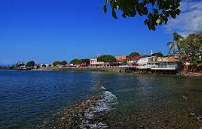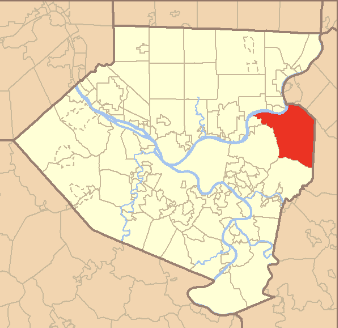BBC news reporter attacked by Shanghai police
Journalist beaten and arrested during Shanghai protests.
Logo of the British Broadcasting Corporation.
December 13, 2022
On Nov. 28, during the height of one of the most recent Shanghai protests, BBC journalist Ed Lawrence was arrested and handcuffed by Chinese police.
“The BBC is extremely concerned about the treatment of our journalist,” the British News Channel said when making their official public statement about the incident. “He was held for several hours before being released. During his arrest, he was beaten and kicked by the police. This happened while he was working as an accredited journalist.”
The arrest of Lawrence happened amidst one of the many heavy COVID-19 measures protests that were consistently happening during the month of November.
Lawrence had been at this protest, carrying out his duties by reporting them from a first-person viewpoint. In a video circulating the internet, Lawrence can be identified being escorted briskly away by multiple Shanghai police officers while calling out behind him “Barry, call the consulate now.”
In another very similar video from the same night, Lawrence is seen being aggressively detained on the ground by more than five police officers, while crowds around them chant protests. He is handcuffed, hit multiple times, and then taken away before the video ends.
Many were outraged by the treatment of Lawrence, and Britain has raised concerns with China about the protests themselves, as well as how they are being handled, while trying to keep a peaceful bridge between the two countries.
“We have had no official explanation or apology from the Chinese authorities, beyond a claim by the officials who later released him that they had arrested him for his own good in case he caught COVID from the crowd,” The BBC also said in their statement.
While it is true that China has made no official statements, a Beijing foreign ministry spokesperson disagreed strongly with the BBC’s comments stating that “the journalist in question did not reveal his journalist identity at the time. He did not openly show his foreign press card. When the incident happened, law enforcement personnel asked people to leave, and when certain people did not cooperate, they were taken away from the scene.”
Overall, many are concerned about what these actions against the BBC could possibly mean for the two countries involved.


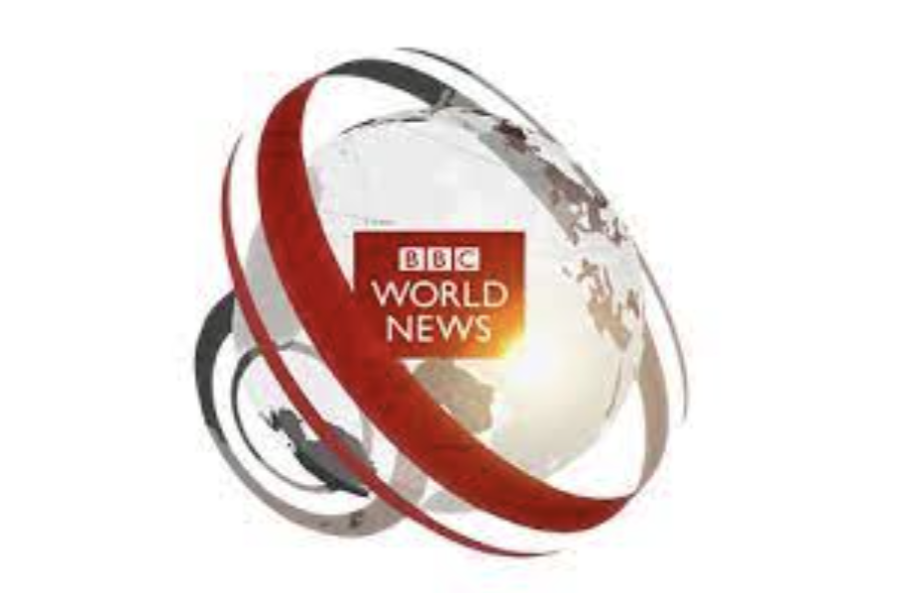

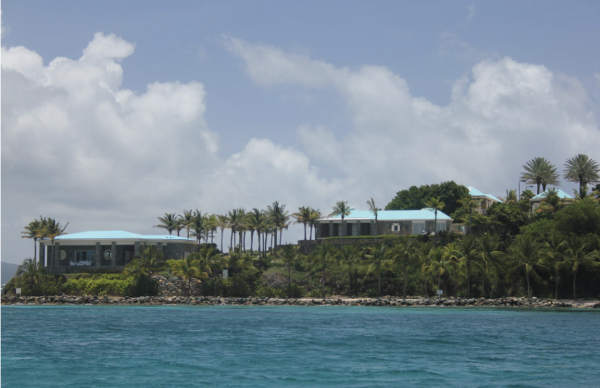
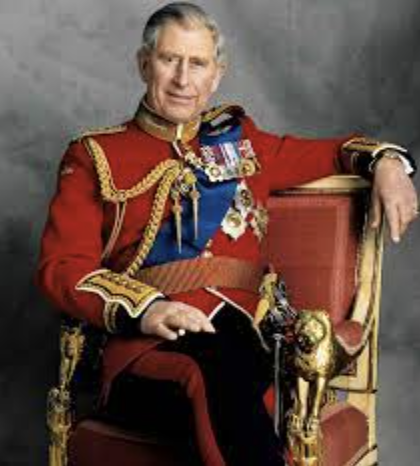
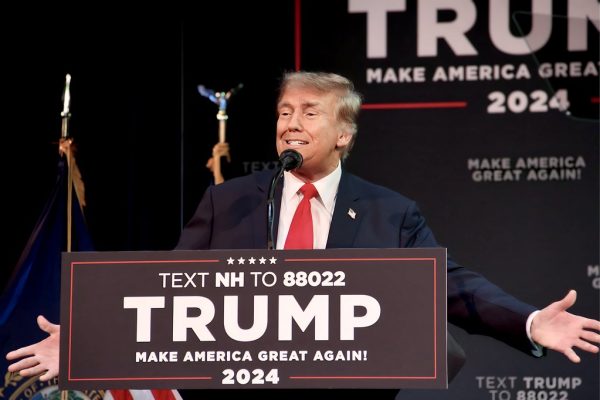
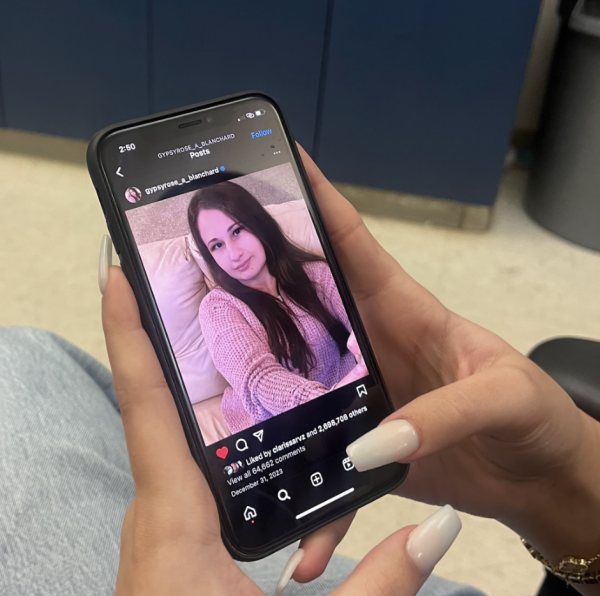



![Well known actors such as Bryan Cranston, Brendan Fraser, Michael Shannon, and Steve Buscemi were all in attendance during the SAG-AFTRA protest in New York. Cranston took a moment to deliver a powerful speech where he calls out Bob Eiger, and demonstrates that “we [writers and actors] will not be having our jobs taken away and given to robots.”
PC- Wikimedia](https://norsenotes.com/wp-content/uploads/2023/08/Screenshot-2023-08-30-142822-600x337.png)
